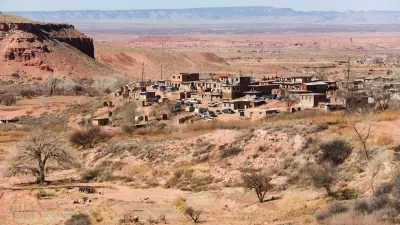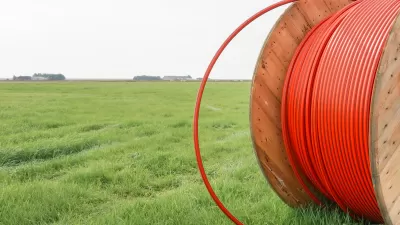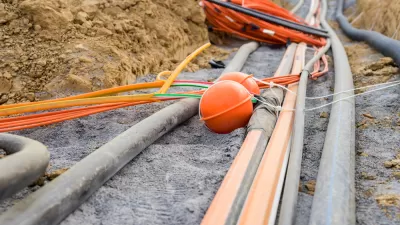Jobs of the future will be located in areas with some of the fastest bandwidth in the world -- and American is in sorry shape, writes columnist Thomas Friedman in The New York Times.
Friedman asserts that the revolution of information technology combined with globalization is leading to greater innovation and creativity across the globe: "The best of these ecosystems will be cities and towns that combine a university, an educated populace, a dynamic business community and the fastest broadband connections on earth. These will be the job factories of the future."
"Therefore, the critical questions for America today have to be how we deploy more ultra-high-speed networks and applications in university towns to invent more high-value-added services and manufactured goods and how we educate more workers to do these jobs - the only way we can maintain a middle class."
However, the United States remains focused on "Getting 'average' bandwidth to the last 5 percent of the country in rural areas, rather than getting 'ultra-high-speed' bandwidth to the top 5 percent, in university towns, who will invent the future. By the end of 2012, he adds, South Korea intends to connect every home in the country to the Internet at one gigabit per second. 'That would be a tenfold increase from the already blazing national standard, and more than 200 times as fast as the average household setup in the United States.'", writes
Thanks to Cathie Pagano
FULL STORY: So Much Fun. So Irrelevant.

Trump Administration Could Effectively End Housing Voucher Program
Federal officials are eyeing major cuts to the Section 8 program that helps millions of low-income households pay rent.

Planetizen Federal Action Tracker
A weekly monitor of how Trump’s orders and actions are impacting planners and planning in America.

The 120 Year Old Tiny Home Villages That Sheltered San Francisco’s Earthquake Refugees
More than a century ago, San Francisco mobilized to house thousands of residents displaced by the 1906 earthquake. Could their strategy offer a model for the present?

HSR Reaches Key Settlement in Northern California City
The state’s high-speed rail authority reached an agreement with Millbrae, a key city on the train’s proposed route to San Francisco.

Washington State Legislature Passes Parking Reform Bill
A bill that would limit parking requirements for new developments is headed to the governor’s desk.

Missouri Law Would Ban Protections for Housing Voucher Users
A state law seeks to overturn source-of-income discrimination bans passed by several Missouri cities.
Urban Design for Planners 1: Software Tools
This six-course series explores essential urban design concepts using open source software and equips planners with the tools they need to participate fully in the urban design process.
Planning for Universal Design
Learn the tools for implementing Universal Design in planning regulations.
Ada County Highway District
Clanton & Associates, Inc.
Jessamine County Fiscal Court
Institute for Housing and Urban Development Studies (IHS)
City of Grandview
Harvard GSD Executive Education
Toledo-Lucas County Plan Commissions
Salt Lake City
NYU Wagner Graduate School of Public Service





























